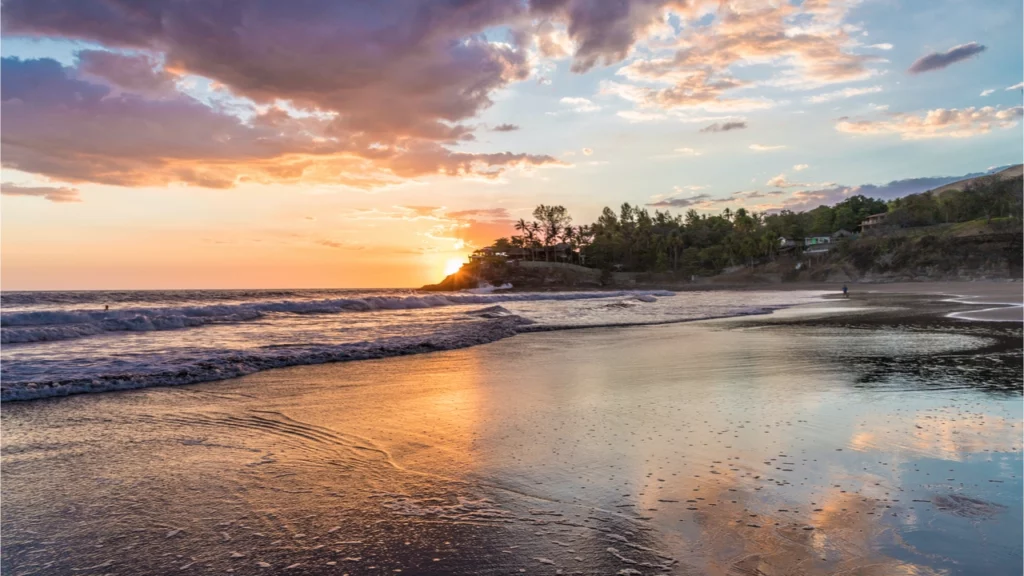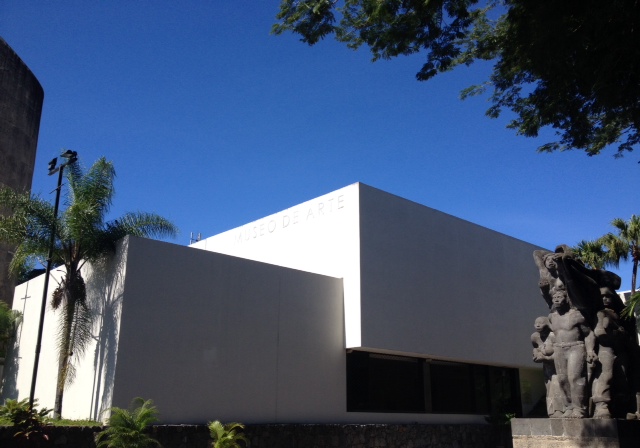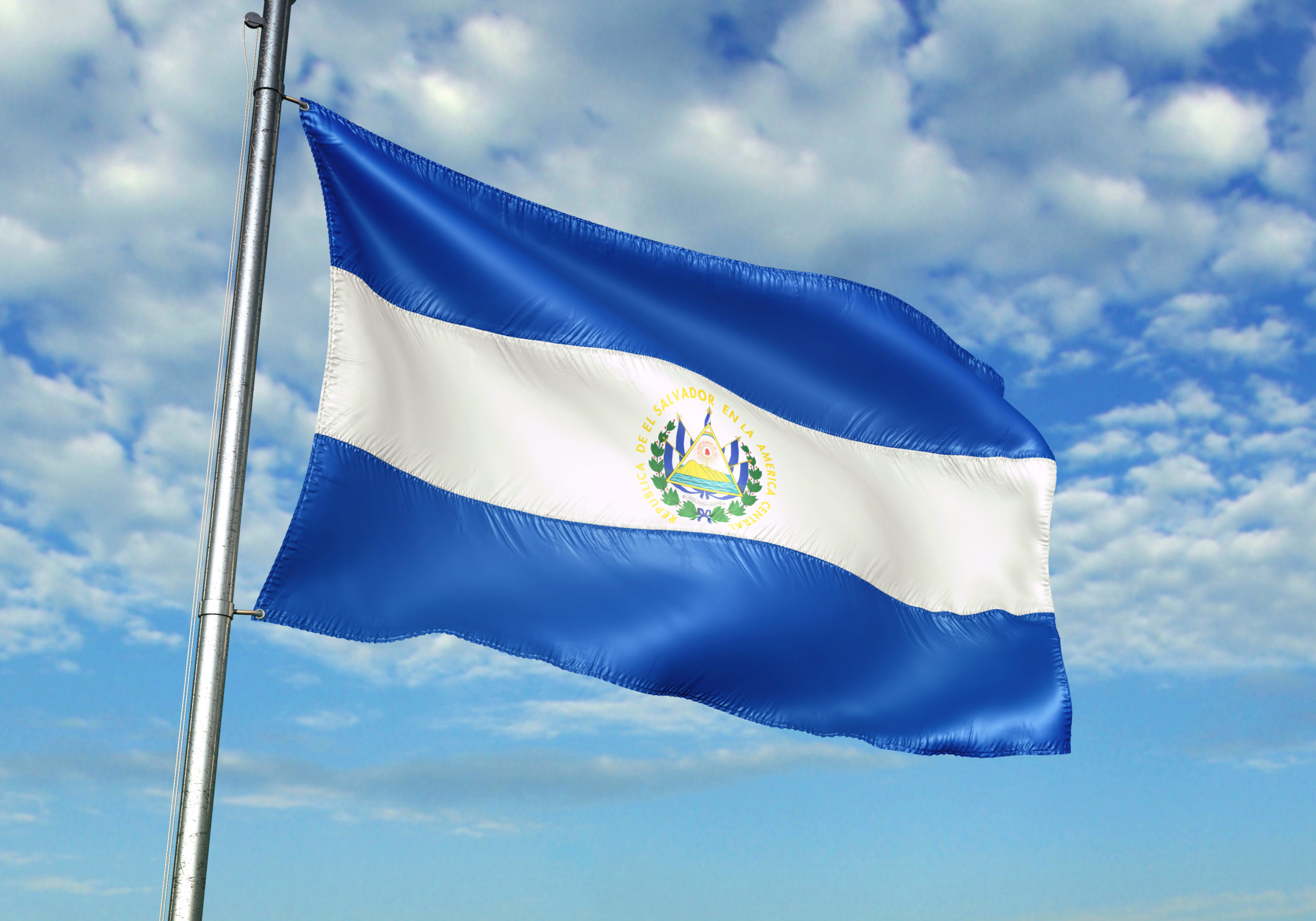On Sept. 7, 2021, El Salvador made Bitcoin (BTC) legal tender. Global Bitcoiners have been closely following El Salvador’s president Nayib Bukele’s attempts to “orange-pill” an entire nation.
A low-tax Bitcoin “Citadel” called Bitcoin City is promised, and renewable energy BTC mining using volcanoes is being investigated.
But how is life in the smallest Central American country, dubbed “the land of volcanoes”? What is it like to live solely on Bitcoin?
Rikki and Laura, an Italian couple, have done so. Rikki has been a Bitcoin podcaster and human rights activist since 2016. Laura is a blockchain community manager that has been working on crypto since 2019.
Laura decided to travel around El Salvador for 45 days once the Bitcoin Law was enacted.
Their travels provide unique insights into the country’s past, beautiful landscapes, and, of course, Bitcoin’s future. A podcast called Bitcoin Italia Podcast features their trip adventures in English and Italian.
Rikki and Laura, on the other hand, faced significant obstacles due to their little knowledge of Bitcoin. On Jan. 24, the video was called Cointelegraph from Santa Ana, El Salvador, a coffee-rich province.
They are now bona fide experts for Bitcoiners planning a BTC-only trip to El Salvador. Here are their top five travel suggestions for the little tropical nation.
Accept Bitcoin? You don’t? Ciao!
From McDonald’s to Starbucks, San Salvador accepts Bitcoin. Most merchants accept Bitcoin at El Zonte, dubbed “Bitcoin Beach” and the home of the Bitcoin Law. Off the main path, Bitcoin is misunderstood as the state-sponsored wallet, Chivo Wallet.

In the event that a vendor refuses to accept Bitcoin, the couple recommends a theatrical experiment. If the vendor does not accept Bitcoin, the buyer should politely decline and leave. They shouldn’t grab their cash.
“Just walk out!” said Rikki. Merchants desire your business, thus if you show up with simply Bitcoin, the vendor will want your sats.
“You can get a cheap Chinese smartphone with a sim card and a data plan for $20, and the connection here is huge,” says one dealer who refuses to accept Bitcoin. It’s the “ideal place to test Bitcoin.”
This takes us to the “why,” the justification for not accepting Bitcoin. It happens more often than you think when a restaurant or motel owner confuses Chivo with Bitcoin. Sometimes a simple talk and a few taps in Chivo is all it takes.
Rikki and Laura enjoyed educating and discussing Bitcoin with locals, making new friends.
Emboldened by the challenge, they saw these problems as the cherry on top of their trip adventure. “We found up in the most bizarre areas just looking for places that accepted Bitcoin.” They joked that Satoshi Nakamoto was their daily decision-maker.
Riding Bitcoin solo forced the couple to interact with locals on a more personal level, forming human relationships.
El Salvador Museums don’t take Bitcoin.

Rikki was desperate to see the Mayan ruins of Tazumal, near Santa Ana. But heritage sites only accept cash. Rikki will question President Bukele about the weird Bitcoin exclusion. How come the Salvadoran Ministry of Culture only accepts cash?
However, for now, cultural events, museums, and some treks needed cash payments. The pair couldn’t enter due to rigorous rules. Bitcoiners should pack cash just in case.
The Lightning Network and on-chain transactions are terms that few Salvadorans comprehend. Some Salvadorans believe you can only pay in Bitcoin if you use the Chivo app, Laura says. They are unaware of BlueWallet and the Wallet of Satoshi.
There are no learning tools for Bitcoin in the Chivo app. “Nobody here knows anything about Bitcoin,” Rikki said. They didn’t educate El Salvadorans for a second.” “If people knew about Bitcoin, they wouldn’t use the app,” Laura added.
Due to the dearth of information and education among Salvadorans, it is up to Bitcoin tourists to interact with locals. They should teach Salvadorans about Bitcoin and be tolerant while they learn.
Bitcoin, as Michael Saylor explains, takes thousands of hours to master. The Bitcoin Law was quickly enacted and enforced, leaving many locals unfamiliar with the technology.
So come spend your Bitcoin in El Salvador!
This is an appeal from Rikki and Laura on behalf of the Bitcoin community in El Salvador.
Come spend Bitcoin in El Salvador. As a result of network effects and word of mouth, more people use the Bitcoin network, they claim.
“We learn as we transact,” says Rikki. They will study further and apply their knowledge for good.”




